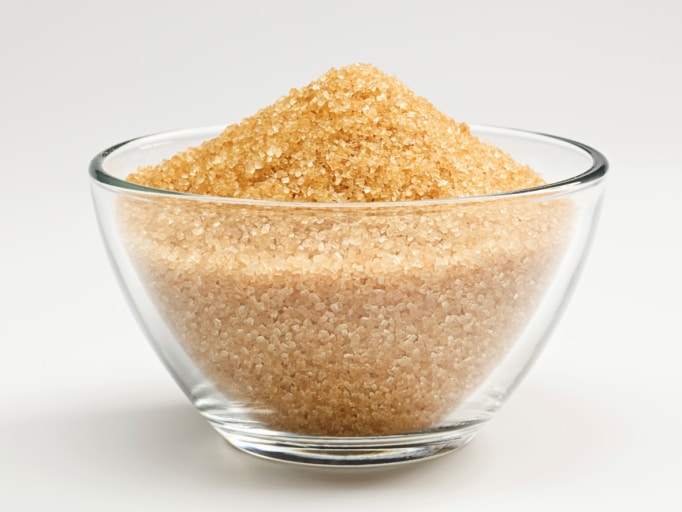The Function of Cane Sugar Processing Chemicals in Industry
The Function of Cane Sugar Processing Chemicals in Industry
Blog Article
Navigating Regulatory Compliance and Sustainability With Cutting-Edge Cane Sugar Processing Chemicals in the Chemical Export Sector

Regulatory Landscape Review
In the world of walking cane sugar handling chemicals within the chemical export sector, recognizing the governing landscape is paramount for ensuring compliance and sustainable operations. Regulative bodies such as the Epa (EPA) and the Fda (FDA) play an essential role in supervising the production, import, and export of these chemicals. Conformity with laws established forth by these bodies is not only a legal requirement but also essential for maintaining public wellness and ecological safety and security requirements.
Regulative frameworks controling walking cane sugar handling chemicals include a wide variety of elements, including labeling demands, allowable levels of certain materials, and guidelines for secure handling and disposal. For chemical merchants, this indicates adhering to rigorous paperwork procedures, quality assurance steps, and routine audits to demonstrate adherence to these regulations.

Sustainable Cane Sugar Chemical Innovations

One prominent area of technology is the growth of eco-friendly chemicals that minimize water and power usage during the sugar processing phases. By implementing these sustainable solutions, business can lower their carbon impact while maintaining high degrees of productivity. Furthermore, innovations in biodegradable chemicals are gaining traction, offering a much more eco-friendly alternative to traditional handling representatives.
Moreover, the combination of renewable resource sources in the manufacturing process is coming to be more prevalent, further enhancing the sustainability profile of walking cane sugar handling. By welcoming these sustainable walking cane sugar chemical advancements, firms can not just satisfy regulative requirements yet likewise demonstrate a dedication to ecological duty in the chemical export market.
Compliance Obstacles in Exporting Chemicals
Browsing regulatory structures positions substantial difficulties for chemical merchants, needing meticulous focus to compliance criteria and international regulations. Exporting chemicals includes adherence to a complex internet of regulations that differ from country to country. Among the main compliance obstacles encountered by chemical exporters is making certain that the items meet the details regulatory needs of the importing country. This includes getting the required authorizations, accreditations, and documents to demonstrate the safety and discover this legitimacy of the chemicals being exported.
In addition, chemical merchants must stay abreast of continuously advancing criteria and policies related to chemical manufacturing, handling, and transportation. Failure to follow these laws can result in severe consequences, consisting of penalties, lawful action, and reputational damages. Additionally, navigating trade restrictions, permissions, and export control laws includes an additional layer of intricacy to the compliance landscape for chemical exporters.
To mitigate these obstacles, chemical merchants should invest in robust conformity programs, perform regular audits, and involve with regulative authorities to guarantee a complete understanding of the suitable laws and laws. By prioritizing conformity and remaining positive in resolving governing obstacles, chemical exporters can browse the intricacies of international profession effectively.
Ecological Influence of Walking Stick Sugar Processing
The environmental implications of walking stick sugar handling are an essential element requiring detailed assessment in the chemical export industry. Walking cane sugar handling can have significant ecological impacts at different phases of manufacturing. One of the key issues is the generation of huge quantities of wastewater including raw material, suspended solids, and chemicals made use of in the processing plants. This wastewater, if not appropriately dealt with, can pollute water bodies, damage water life, and degrade overall water high quality. Additionally, the burning of sugarcane areas prior to collecting, a common technique in some regions, releases hazardous air toxins and greenhouse gases into the environment, adding to air quality problems and environment change.
In addition, the comprehensive use pesticides and fertilizers in sugarcane cultivation can lead to dirt degradation, water contamination, and harm to non-target microorganisms. It is essential for chemical exporters involved in the cane sugar handling sector to implement sustainable practices, purchase sophisticated wastewater treatment innovations, advertise accountable farming techniques, and stick to rigid ecological laws to decrease the adverse ecological influence of their procedures.
Future Trends in Sustainability Practices
What cutting-edge techniques are chemical exporters in the walking cane sugar processing industry embracing to enhance sustainability techniques for the future? One popular fad is the change in the direction of establishing and utilizing environmentally friendly chemicals in the processing of walking internet cane sugar - Cane Sugar Processing Chemicals.
An additional crucial pattern is the implementation of innovative innovations such as automation and information analytics to enhance source usage and minimize waste generation. By harnessing the power of information and automation, chemical merchants can improve their procedures, improve power performance, and improve total sustainability efficiency.
Moreover, collaborations and partnerships with sustainability-focused companies and stakeholders are becoming progressively usual. By working together, chemical merchants can exchange understanding, share ideal practices, and collectively drive advancement in the direction of more sustainable walking stick sugar handling techniques. Welcoming these trends will not only benefit the atmosphere yet additionally ensure long-term success and competitiveness in the market.
Final Thought
To conclude, the chemical export sector must navigate complex regulatory landscapes and sustainability difficulties when processing walking cane sugar. Innovations in cane sugar processing chemicals are vital to fulfilling conformity standards and minimizing ecological impact. As the industry continues to progress, it is necessary for business to embrace sustainable methods and stay in advance of future patterns to guarantee lasting success.
In the realm of walking cane sugar processing chemicals within the chemical export industry, understanding the regulatory landscape is paramount for ensuring compliance and sustainable procedures.Discovering ingenious methods in the advancement of sustainable cane sugar chemical remedies is crucial for advancing environmental stewardship in the chemical export sector. Firms are progressively investing in study and development to develop innovative walking cane sugar processing chemicals that not just ensure high efficiency in sugar manufacturing however also stick to stringent sustainability standards.
In addition, chemical exporters must stay abreast of constantly developing criteria and regulations connected Going Here to chemical transportation, manufacturing, and handling - Cane Sugar Processing Chemicals.The ecological ramifications of walking stick sugar processing are an important element calling for complete examination in the chemical export market
Report this page